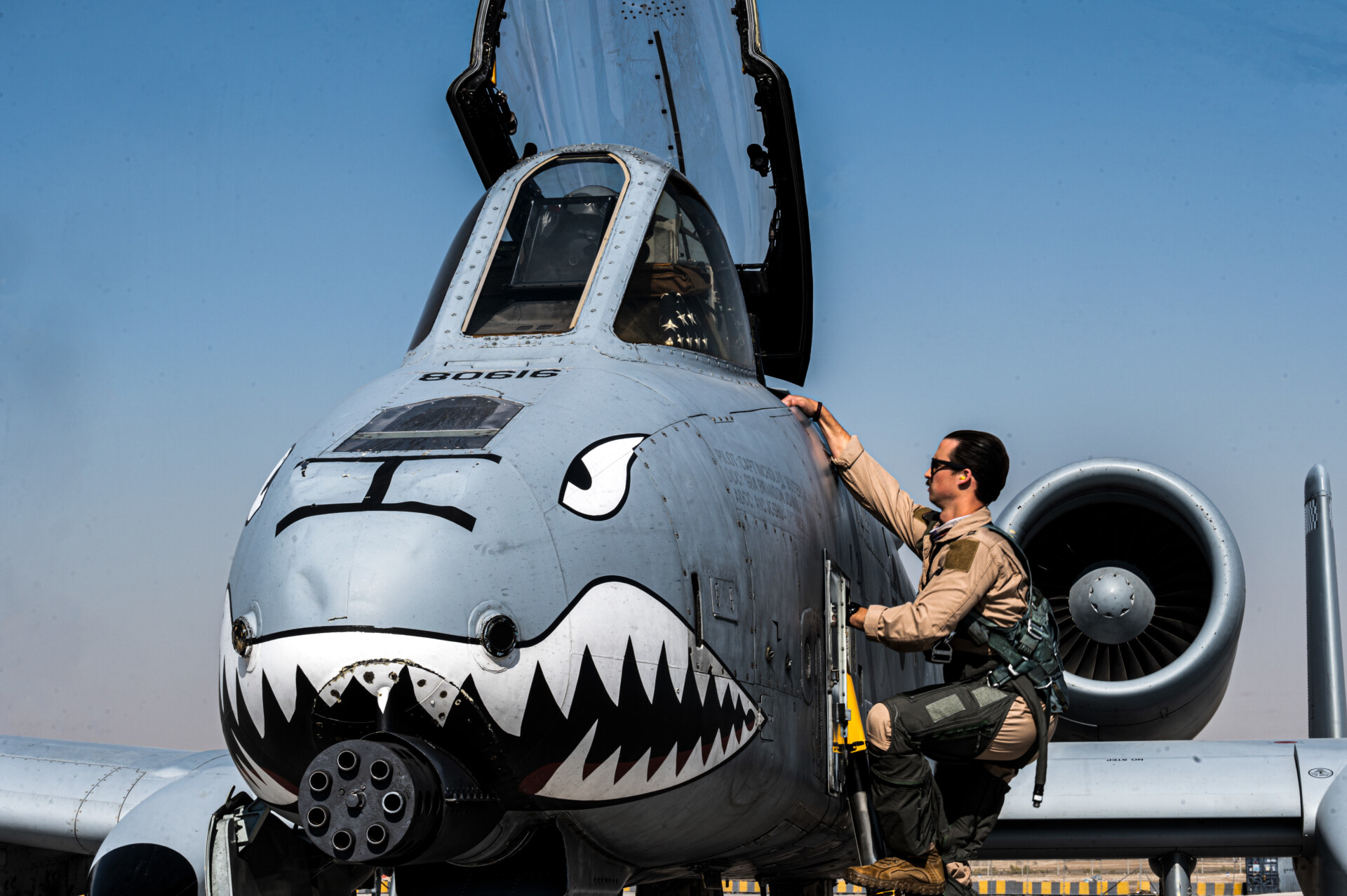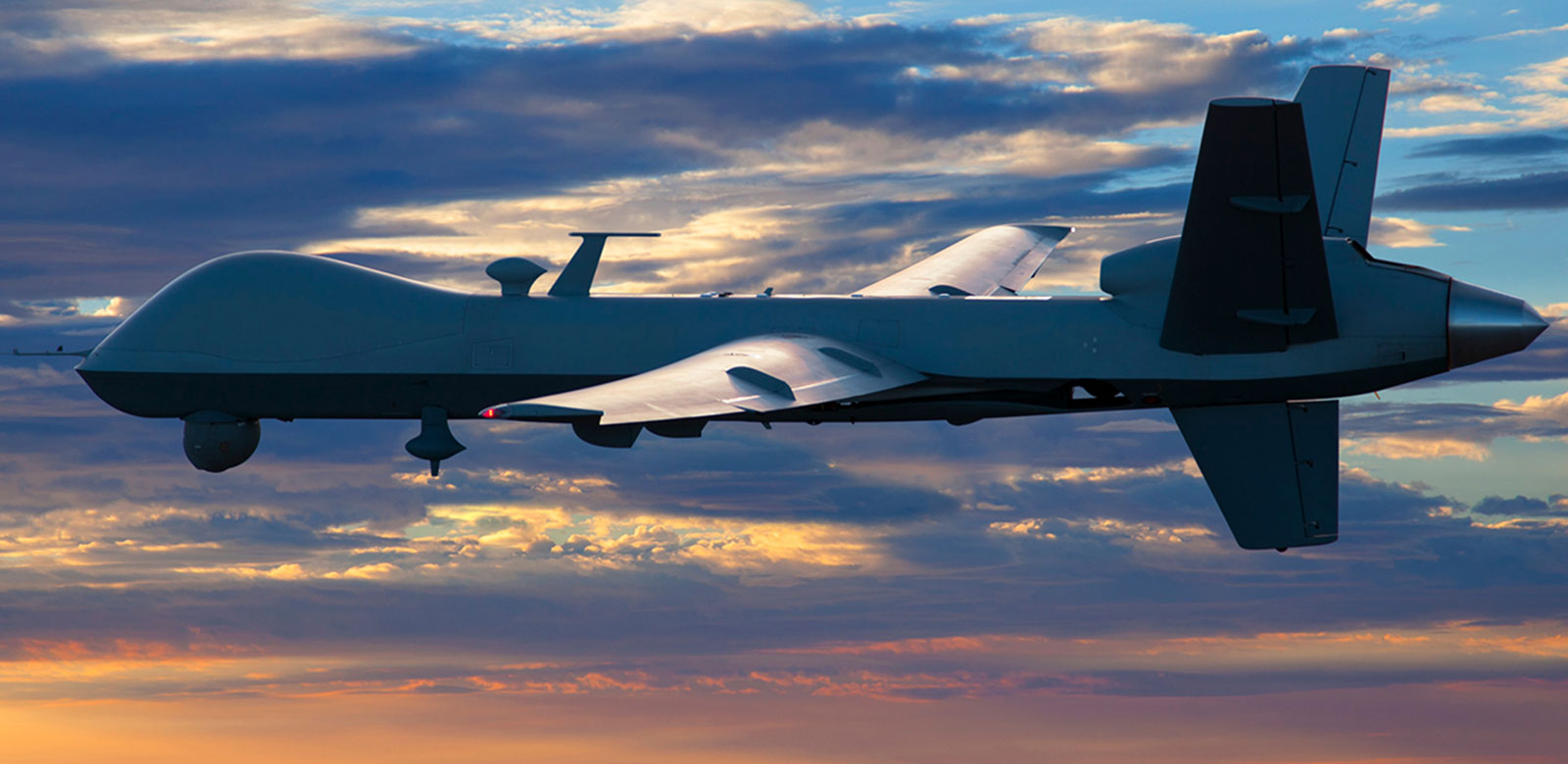Gulf Arab States “Restrict” US, Allies Ability to Launch Airstrikes Against Iran Proxy Groups
Gulf Arab nations, including the United Arab Emirates (UAE), are now imposing restrictions on the deployment of United States and allied combat aircraft from their airbases, limiting their ability to launch airstrikes against Iranian proxy groups.
(DEFENCE SECURITY ASIA) — In an action perceived as an effort to quell Iran’s ire, several Gulf Arab countries have decided to restrict the operational liberties afforded to United States and its allies’ fighter jets, limiting their capacity to launch airstrikes against Iranian proxy groups from airbases within their territories.
Notably, airbases in Arab states, especially those in the Gulf region, host a significant presence of US and allied military assets, including fighter jets, reconnaissance aircraft, refuelling planes, and armed drones.
American media outlets, such as Politico, have reported that these Gulf Arab nations, including the United Arab Emirates (UAE), are now imposing limitations on US and allied combat aircraft, preventing them from taking off from these bases to conduct airstrikes against Iranian proxy groups.
Politico’s coverage, citing senior officials from the US Department of Defense, highlighted “tensions” between senior UAE officials and Washington regarding airstrikes on Iranian proxies launched from its territory.
These Gulf Arab countries are keen on preserving and nurturing the newly formed relations and warmth with Iran, following years of tension over various disputes.

Among the military assets affected by this political and military maneuvering in the Gulf Arab states are the ground attack A-10 “Warthog” and the armed MQ-9 “Reaper” drones.
The US’s A-10 “Warthog” aircraft and MQ-9 “Reaper” drones are prohibited from departing from certain Gulf airbases, such as the Al-Dhafra base in the UAE, to carry out airstrikes.
In addition to the A-10 aircraft and MQ-9 “Reaper” drones, the Al-Dhafra base also hosts US F-16 fighter jets.
However, the United States has several aircraft carriers in the region’s waters and in the Mediterranean, along with hundreds of fighter jets, which it uses to target Iranian proxy groups in the Middle East.
Observers note that the restrictions by the Gulf Arab governments also aim to mitigate their citizens’ anger towards the “unwavering support” of the United States and its allies for Israel’s attacks in the Gaza Strip.


Following a deadly drone attack by an Iranian proxy group in Jordan that killed three of its troops, the US and its allies, including Britain, have launched airstrikes against Iranian proxy positions primarily in Syria and Iraq.
Gulf Arab states such as Saudi Arabia and the UAE are making efforts to reconcile with Iran, with China acting as a mediator.
This diplomatic endeavor by China has yielded positive outcomes, with Tehran and Riyadh restoring diplomatic relations last year, and the foreign ministers of both countries have visited each other’s capitals, further strengthening ties.
An Iranian delegation also participated in the recent World Defense Show 2014 in Riyadh. – DSA



Comments are closed.